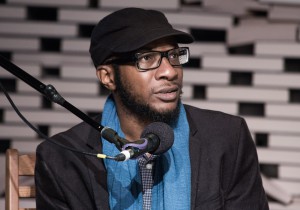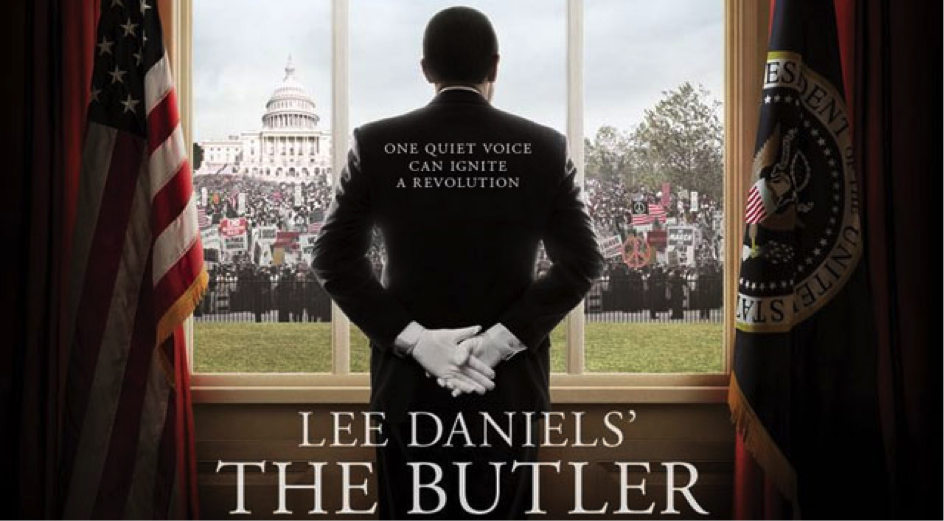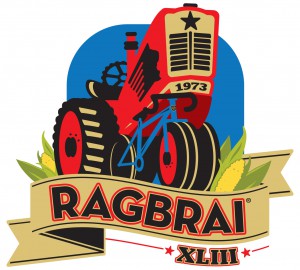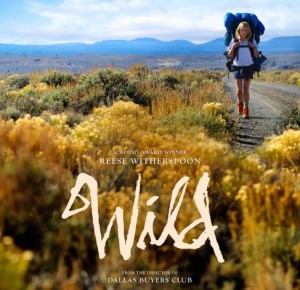“Mommy, mommy. The other mothers are all unemployed,” were the first words out of my son’s mouth as he darted toward our car. Not exactly the kind of statement someone might expect from a 6‑year-old during his first week of school. Beaming from ear to ear, I immediately cleared up the little misunderstanding, but I realized that for him it was completely normal to have a working mother. Normal. His words were music to my ears and played over and over in my head. I imagined what a good husband, colleague, and boss he might become knowing that simple truth. However, being a full-time working mother has not always been normal, not even in the 21st century.
Wild
Walking 1,100 miles in one consecutive hike with a heavy backpack – really heavy, so heavy that you can hardly stand, let alone walk – might not seem like the most intriguing activity to most people. But for someone like me living in Colorado, a state consistently viewed as one of the most active ones in the country, this scenario hits very close to home. The Colorado Trail, for instance, is a 486-mile hike (one way!) that runs from Denver to Durango. People hike it. And they block off four to six weeks of their vacation time to do it.
Cheryl Strayed had to take more time off than that to hike the much longer Pacific Crest Trail. Known as the PCT, the trail runs from Southern California to British Columbia along the North American West Coast over the Sierra Nevada and Cascade mountain ranges. Strayed wrote about her trek in her 2012 memoir, Wild: From Lost to Found on the Pacific Crest Trail, that topped The New York Times bestseller list and hit American movie theaters this winter. Directed by the Canadian Jean-Marc Vallée (Dallas Buyers Club), with a screenplay by English writer Nick Hornby (High Fidelity, About a Boy), the film fittingly premiered at the Telluride Film Festival in Colorado. Reese Witherspoon portrays Strayed in a role that has garnered her another Academy Award nomination.
A Reading with Teju Cole

American writer Teju Cole reads from his novel, Open City (2011) at the U.S. Embassy in Berlin. In this award-winning first-person narrative, Cole recounts the story of a Nigerian-German psychiatrist in New York who – in best flâneur fashion – strolls the streets of Manhattan. In the course of his walking meditations, his protagonist reveals both his own sense of loss and the struggles of a nation trying to regain a sense of direction after the trauma of 9/11.
Open City is Teju Cole’s second novel; his first, Every Day Is for the Thief, was until now available only in Nigeria, where it was published in 2007. Teju Cole will be a resident at the “Literarisches Colloquium Berlin” (LCB) this spring and give several readings throughout Gemany. Dates will be published on the American Studies Journal Facebook site soon.
http://youtu.be/E1cpOkSyvgE
The Butler
It’s February, African American History Month in the U.S. So let’s look at a fabulous film that depicts a young black man and his powerful, but emotional struggle from a sharecropper on a cotton farm to an invisible butler in the White House who lives by the maxim: “You see nothing, you hear nothing: you only serve.”

Viewers will soon come to realize that all they have ever dealt with in school history lessons concerning slavery and the Civil Rights movement in the United States hardly revealed the true torments of African Americans. So now get ready to embark upon a truly thought-provoking time travel.
RAGBRAI: Take the Ride of Your Life
For those of you who missed it, the 2013 conference theme of the American Studies Association of Germany held in Erlangen was “Rural America.” As someone from Iowa, I thought I might be the only one attending. Luckily I wasn’t, and lucky for you there is so much more to say about such a hot topic: hot as in chili powder, the kind used in authentic Mexican restaurants popping up all over Iowa, and hot as in a sunny, humid August afternoon. Oh, there’s no place like home.

If you don’t know where Iowa is, you are, unfortunately, not alone. Many people confuse our state with Idaho. In fact, my favorite bumper sticker reads: “Iowa—And, no, we don’t grow potatoes.” So, yes, we Iowans do have a bit of public relations to do. Besides, some of you might be planning a vacation or class trip to the U.S. and might want to consider a new destination. Why go to California, New York, or Florida like everyone else? Dare to be different, and you just might have fun in the process. Iowa and fun are definitely not mutually exclusive.
Couch Conversations with William H. New — An Impromptu Interview
CHARACTERS
WILLIAM H. NEW renowned Canadian lit crit and author (as himself)
INTERVIEWER 1 Sabrina Völz
INTERVIEWER 2 Maria Moss
INTERVIEWER 3 Maryann Henck
UNIVERSITY LOBBY—SUMMER—DAY TIME
It’s a hot and humid July afternoon as the midday sun floods the windows of the lobby, but all is freezing cold inside thanks to a fully functioning air-conditioning system at the 13th International Conference on the Short Story in English at the University of Vienna. The three interviewers have just left a windowless and chilly lecture hall where William H. New gave a simultaneously academic and creative presentation that ignited the audience’s imagination. (And, no, it is not an oxymoron to be a “creative academic.” More about that in the interview.) Intrigued by William’s talk, the three interviewers persuade him to give them an impromptu interview on the lobby couch. During the coffee break between sessions, conference participants are milling about, desperately in search of a much needed caffeine jolt and some cookies to tide them over until lunch break. Every now and then, cacophonous coffee machines and chattering conference goers can be heard in the background.
https://www.youtube.com/watch?v=mydW0o9zHaU







